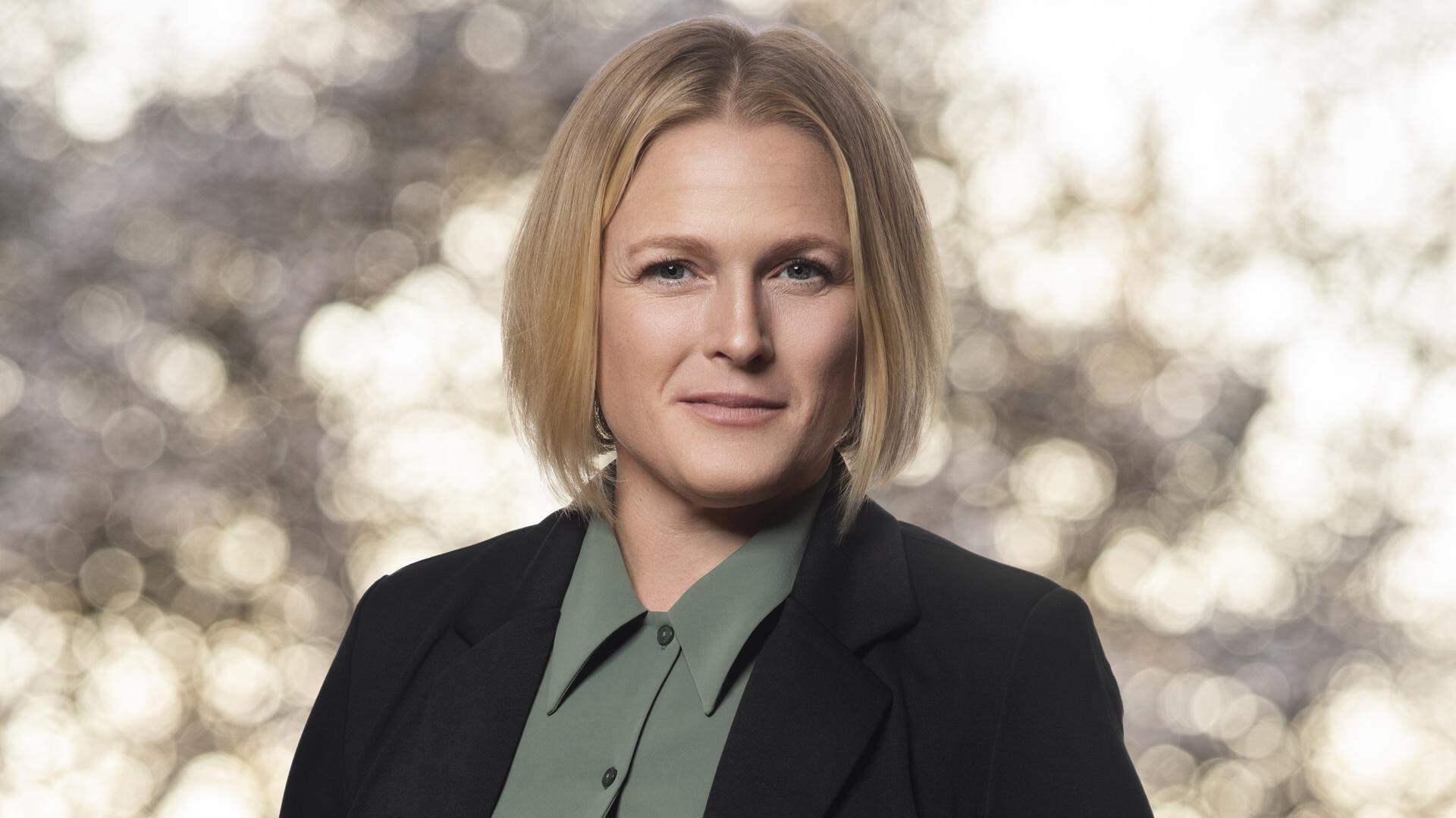Energy tops European policy debate
– Low-cost electricity is vital to our competitiveness, but price stability is just as important, argued Marie Knutsen-Öy, responsible for energy policy at the Confederation of Swedish Enterprise, during an online seminar organised by the European Parliament on 28 January.

Swedish Enterprise works actively on climate and energy issues and supports Swedish national goals while pushing for the whole EU to reach net zero by 2050. Daily fluctuations in energy prices present a challenge for many companies, as this increases risk and drives up costs. Swedish companies have competitors in many different markets that value electricity as an input in their operations in different ways.
– We have companies that face competition from competitors in similar markets as here in the Nordics and then there are those who compete in regulated markets where prices look completely different, continued Knutsen-Öy.
In the subsequent panel debate, several MEPs discussed electricity prices, taxation, the electricity mix, geopolitics and taxonomy – a wide range of topical issues. All agreed that stable electricity prices were important for consumers and companies, as well as that dependence on Russian gas is undesirable. Jessica Stegrud (SD) expressed support for nuclear power and was critical of the Swedish and European energy mix.
– Wishful thinking and naivety have been allowed to guide energy policy for a long time and we need to change that. Wind power’s best friend is gas, which works to stabilize and balance the grid. There are of course problems with that and expanding nuclear power would be an effective way to address this, Stegrud said.
Erik Bergkvist (S) thought that the energy mix was appropriate at the moment, well-suited for a period of transition. However, he said that nuclear power is necessary to meet the country’s current energy needs, and a key problem today is that Russia uses fossil gas as a political instrument.
– The card that Russia is playing now can probably only be played twice more before other countries start switching to alternative energy sources, because they don’t want to become dependent on something so unpredictable. Nuclear power is geopolitically sensitive and may be part of the mix, but that is not the solution, Bergkvist said.
Emma Wiesner from the Centre Party expressed views on aspects of the current debate on taxonomy and said that as all research suggests that fossil gas should not be included, we must listen to this and accept that gas and fossil fuels must be phased out from our energy system.
The more European we are, the easier it will be to deal with the issue of more renewable energy and the less dependent we will be on nuclear power and gas, Jakop Dalunde (MP) said.
– We must consider the energy market as less national and more European. We should and will be interconnected in Europe, so we must get used to the fact that it is a European energy price, a European energy market and a European energy policy that we must be a constructive part of. The use of intermittent production will gradually become easier the more integrated we are in Europe, Dalunde said.